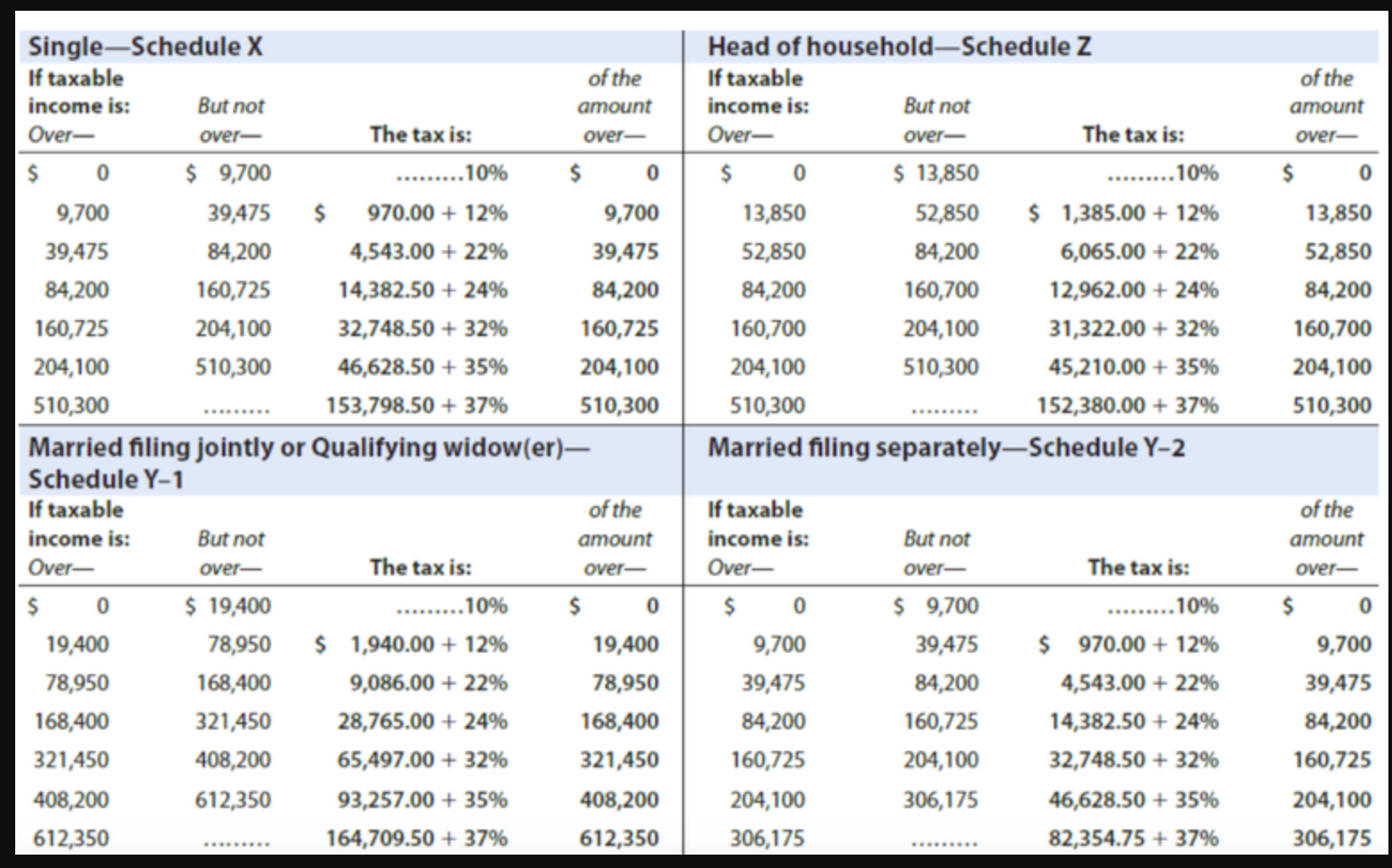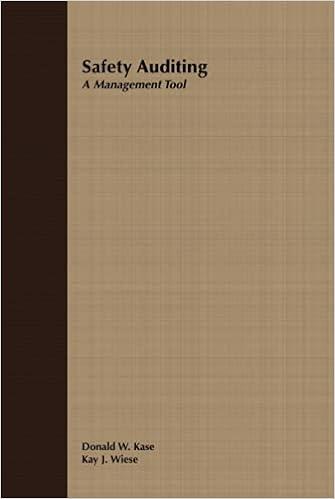Question
Graham, a single, calendar year individual, had a rather good year in 2019. He generated business income of $220,000 and had $79,000 of business deductions,
 Graham, a single, calendar year individual, had a rather good year in 2019. He generated business income of $220,000 and had $79,000 of business deductions, including deductible meals of $4,250 (before the required 50% reduction). Conservative Graham had taxable interest income of $18,600 and no other taxable income.
Graham, a single, calendar year individual, had a rather good year in 2019. He generated business income of $220,000 and had $79,000 of business deductions, including deductible meals of $4,250 (before the required 50% reduction). Conservative Graham had taxable interest income of $18,600 and no other taxable income.
Grahams self-employment tax for 2019 is $20,222. Graham can deduct one-half of this in arriving at his adjusted gross income.
Grahams deductions and related information are as follows:
QBI deduction in arriving at AGI $26,603
Standard deduction 18,350
Itemized deductions 17,700
Dependents (Grahams mother, ager 75) 1
Create an Excel spreadsheet to:
Calculate Grahams taxable income and his gross federal income tax.
Based on your answers, calculate Grahams:
Average tax rate?
Effective tax rate?
Marginal tax rate?
Basic Tax Formula:
Income as most broadly conceived
Minus: Exclusions
Equals: Gross income
Minus: Deductions for AGI
Equals: Adjusted gross income
Minus: Larger of itemized deductions or standard deduction
Minus: QBI deduction
Equals: Taxable income
Apply tax rates
Equals gross income tax
Minus: Credits and prepayments
Equals: Tax due or refund.
of the amount over- $ 0 Head of household-Schedule Z If taxable income is: But not Over- over The tax is: $ 0 $ 13,850 ......... 10% 13,850 52,850 $ 1,385.00 + 12% 52,850 84,200 6,065.00 + 22% 84,200 160,700 12,962.00 + 24% 160,700 204,100 31,322.00 + 32% 204,100 45,210.00 + 35% 510,300 152,380.00 + 37% Married filing separatelySchedule Y-2 13,850 52,850 84,200 160,700 204,100 510,300 Single-Schedule X If taxable of the income is: But not amount Over- over- The tax is: over- $ 0 $ 9,700 .........10% $ 0 9,700 39,475 $ 970.00 + 12% 9,700 39,475 84,200 4,543.00 + 22% 39,475 84,200 160,725 14,382.50 + 24% 84,200 160,725 204,100 32,748.50 + 32% 160,725 204,100 510,300 46,628.50 + 35% 204,100 510,300 153,798.50 + 37% 510,300 Married filing jointly or Qualifying widow(er), Schedule Y-1 If taxable of the income is: But not amount Over- over- The tax is: over- S 0 $ 19,400 .........10% $ 0 19,400 78,950 $ 1,940.00 + 12% 19,400 78,950 168,400 9,086.00 + 22% 78,950 168,400 321,450 28,765.00 + 24% 168,400 321,450 408,200 65,497.00 + 32% 321,450 408,200 612,350 93,257.00 + 35% 408,200 612,350 164,709.50 + 37% 612,350 510,300 of the amount over- $ If taxable income is: Over- 0 9,700 39,475 84,200 160,725 204,100 306,175 But not over- $ 9,700 39,475 84,200 160,725 204,100 306,175 The tax is: ......... 10% $ 970.00 + 12% 4,543.00 + 22% 14,382.50 + 24% 32,748.50 + 32% 46,628.50 + 35% 82,354.75 + 37% $ 9,700 39,475 84,200 160,725 204,100 306,175 of the amount over- $ 0 Head of household-Schedule Z If taxable income is: But not Over- over The tax is: $ 0 $ 13,850 ......... 10% 13,850 52,850 $ 1,385.00 + 12% 52,850 84,200 6,065.00 + 22% 84,200 160,700 12,962.00 + 24% 160,700 204,100 31,322.00 + 32% 204,100 45,210.00 + 35% 510,300 152,380.00 + 37% Married filing separatelySchedule Y-2 13,850 52,850 84,200 160,700 204,100 510,300 Single-Schedule X If taxable of the income is: But not amount Over- over- The tax is: over- $ 0 $ 9,700 .........10% $ 0 9,700 39,475 $ 970.00 + 12% 9,700 39,475 84,200 4,543.00 + 22% 39,475 84,200 160,725 14,382.50 + 24% 84,200 160,725 204,100 32,748.50 + 32% 160,725 204,100 510,300 46,628.50 + 35% 204,100 510,300 153,798.50 + 37% 510,300 Married filing jointly or Qualifying widow(er), Schedule Y-1 If taxable of the income is: But not amount Over- over- The tax is: over- S 0 $ 19,400 .........10% $ 0 19,400 78,950 $ 1,940.00 + 12% 19,400 78,950 168,400 9,086.00 + 22% 78,950 168,400 321,450 28,765.00 + 24% 168,400 321,450 408,200 65,497.00 + 32% 321,450 408,200 612,350 93,257.00 + 35% 408,200 612,350 164,709.50 + 37% 612,350 510,300 of the amount over- $ If taxable income is: Over- 0 9,700 39,475 84,200 160,725 204,100 306,175 But not over- $ 9,700 39,475 84,200 160,725 204,100 306,175 The tax is: ......... 10% $ 970.00 + 12% 4,543.00 + 22% 14,382.50 + 24% 32,748.50 + 32% 46,628.50 + 35% 82,354.75 + 37% $ 9,700 39,475 84,200 160,725 204,100 306,175Step by Step Solution
There are 3 Steps involved in it
Step: 1

Get Instant Access to Expert-Tailored Solutions
See step-by-step solutions with expert insights and AI powered tools for academic success
Step: 2

Step: 3

Ace Your Homework with AI
Get the answers you need in no time with our AI-driven, step-by-step assistance
Get Started


